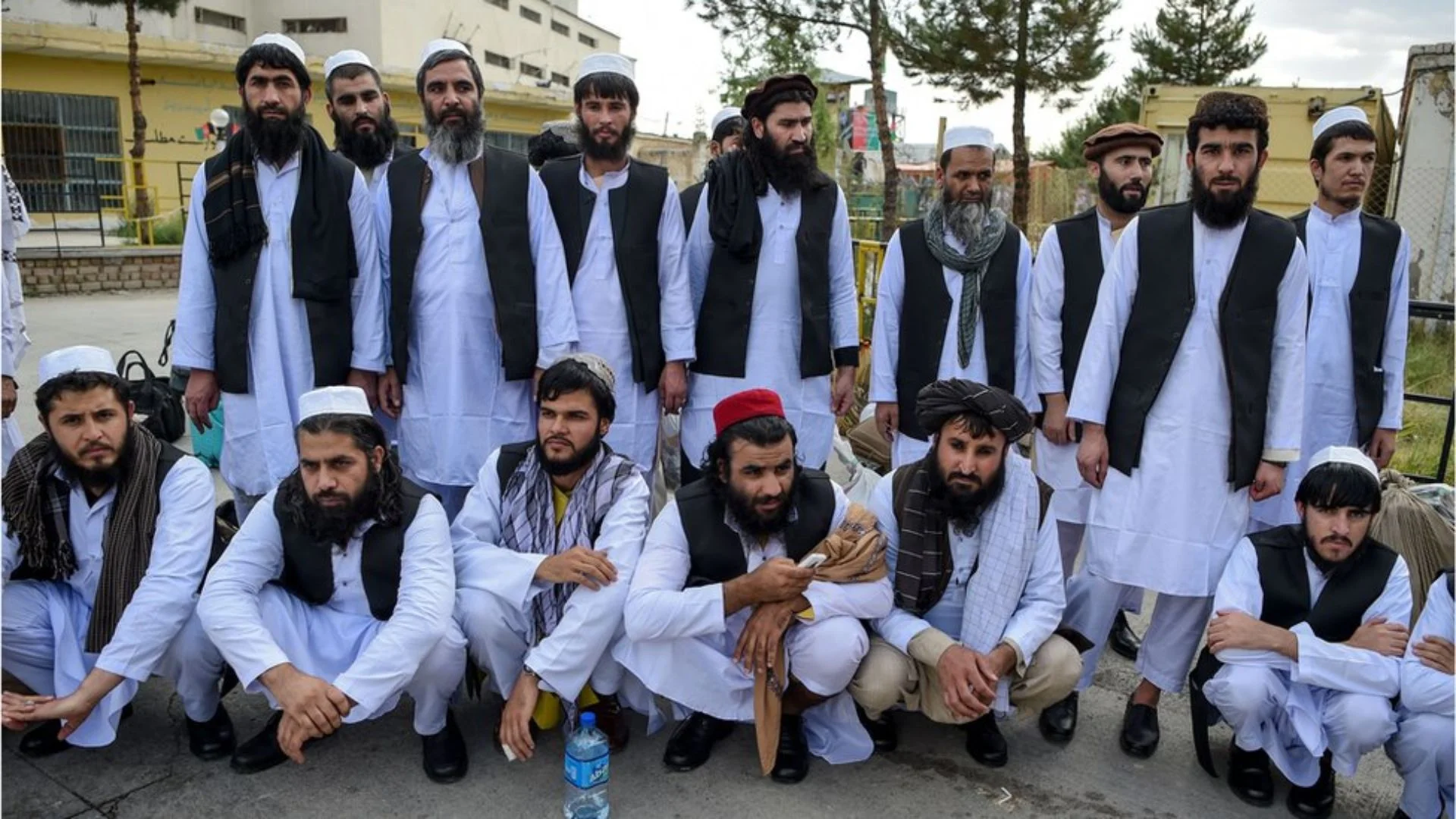Afghanistan’s Taliban regime has freed close to 2,500 prisoners in advance of Eid al-Fitr festivities commemorating the end of Ramadan, the nation’s Supreme Court declared on Saturday. The large-scale release comes as the United Nations sounds the alarm about a rising prison population throughout the nation.
In a tweet statement on X, the court revealed that 2,463 inmates who were amnesty-eligible were released, with another 3,152 receiving reduced sentences based on a decree by the supreme leader of the Taliban.
Releasing inmates found guilty of small crimes is a long-standing practice in Afghanistan during Eid. Last year, about 2,800 prisoners were released by Taliban authorities during the same time period, according to local media.
The number of prisoners being detained throughout Afghanistan is unknown, but Mohammad Nasim Lalahand, a spokesman for the Office of Prison Administration (OPA), said 11,000 to 12,000 convicted inmates are in prison. Another 11,000 or so are in detention waiting for trial, sentencing, or appeal, he said.
The United Nations has raised concerns about overcrowding in Afghan jails. In October 2023, the UN Assistance Mission in Afghanistan (UNAMA) issued a warning that the prison population in the country was increasing at a fast rate, with more prisoners entering facilities every day than were being released. UNAMA further pointed out that the large number of arrests and long-term sentences were putting tremendous pressure on the country’s already overburdened prison facilities.
In spite of these admonitions, the Taliban regime has remained consistent in its policy of mass prisoner releases on religious holidays. The amnesty this year follows along the same lines, but there is still anxiety regarding the viability of the justice system in Taliban-controlled Afghanistan.









